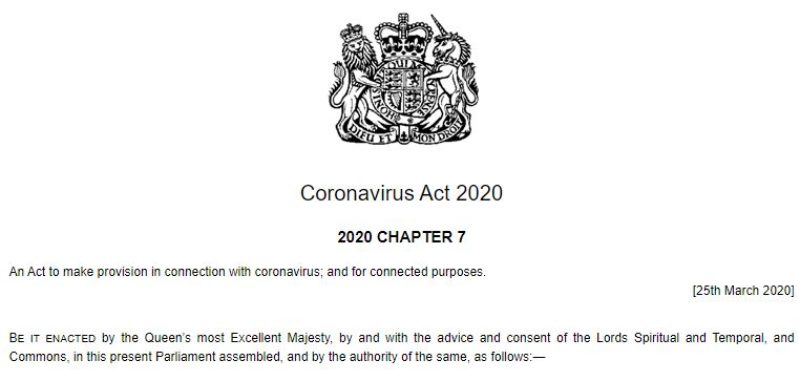Vicky Foxcroft MP for Lewisham Deptford & Shadow Minister for Disabled People
Dozens of constituents got in touch with me ahead of this week’s renewal of the Coronavirus Act to outline their concerns about the sweeping powers the act gives to the Government.
As you may be aware by now, the vote on the motion took place last night and it was passed. Although my Labour colleagues and I recognise the need for the act to continue in some form, we have significant concerns about the powers contained within the act as it stands. We therefore abstained when the motion was put to the Commons.
Our frontbench tabled an amendment which sought to outline our concerns with current Government strategy. It called for “a national plan in which the Coronavirus Act powers contribute in a transparent and proportionate way for all citizens towards a coherent strategy, engaging with local authorities and devolved administrations, to support children’s education, to re-start the economy and to support the NHS in facing the unprecedented challenges of covid-19.”
Our amendment went on to call on the Government to publish a monthly review of any disproportionate impact of the act on individuals or groups, including the impact of easements in the Care Act 2014, Mental Health Act 1983 and Children and Families Act 2014. Finally, if passed it would have required the Government to provide the Commons and the Lords with the time to debate and vote on regulatory changes.
In my role as Shadow Minister for Disabled People I am particularly concerned about the impact of the Care Act easements. I have raised this repeatedly, including in this piece that was published in yesterday’s Independent: https://www.independent.co.uk/voices/disability-coronavirus-government-labour-b691988.html
I know a lot of constituents were also keen to know if I would support the amendment put forward by Graham Brady MP. This would also have required the Government to consult Parliament before the regulations it makes using the powers contained in the act come in effect. We would have given serious consideration to supporting this.
We were incredibly disappointed that the Speaker did not select either amendment for debate. However, the Brady amendment (and threatened rebellion by up to 100 Tory MPs) did force the Government to make some concessions and the Commons will now be given a vote on any new UK or England-wide coronavirus restrictions. The Government has reserved the right to act faster if needed and MPs will not be able to vote on local lockdowns.
Throughout the COVID-19 crisis, Labour has sought to be a critical friend to the Government.
However, over recent months it has become alarmingly apparent that Ministers are stumbling from crisis to crisis with no coherent plan. We will continue to do all we can to hold them to account.

